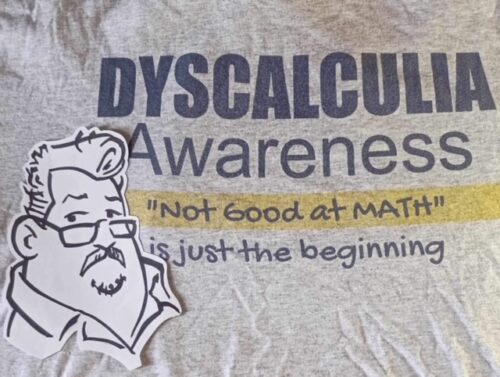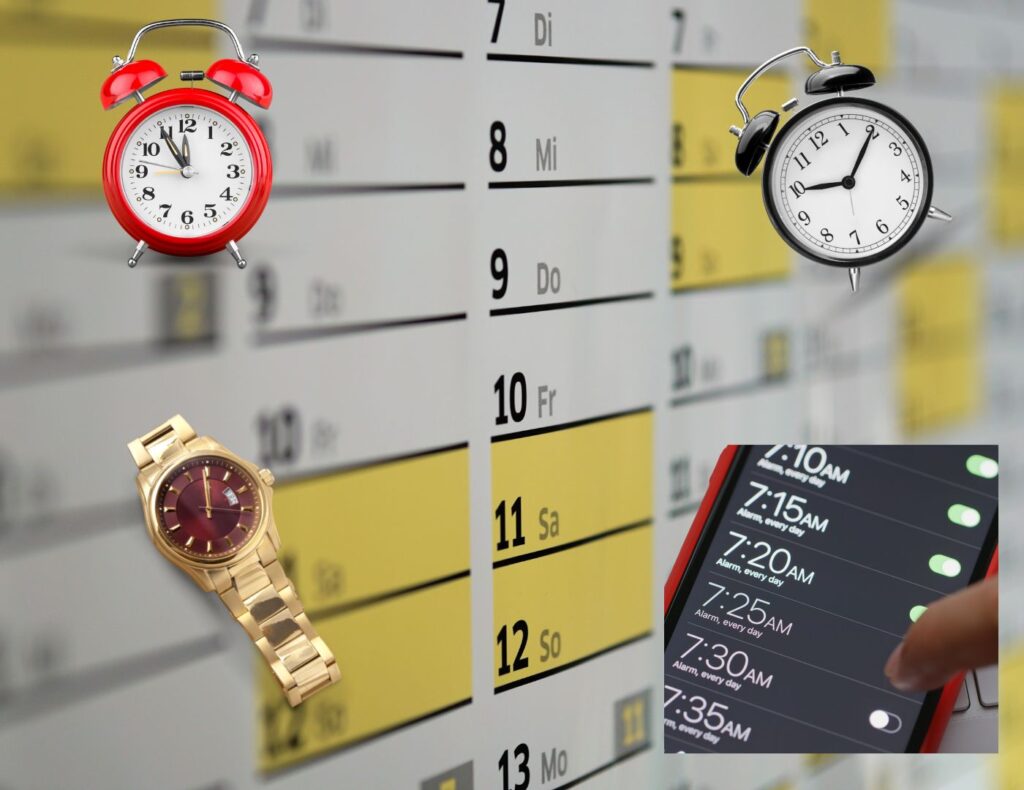Do I have Dyscalculia?
by Nathan Maker

Dyscalculia, to put it simply, is dyslexia with numbers. The term was coined in the 1940s, but it wasn’t until the invention of the MRI machine in the 1990s that dyscalculia (dis-cal-CUE-lee-ah) started becoming interesting to scientists. However, even today, very little is known about this neurological disorder.
For example, is dyscalculia mainly just a difficulty with simple mathematics? Does it require new methods of teaching?
Experts don’t always agree.
In most cases, dyscalculia is understood to be a genetic trait inherited through DNA. In some cases, it can be the result of a traumatic brain injury to the frontal lobe Or an “underdeveloped” (small) frontal lobe. The onset of dementia can also trigger dyscalculia. It might be connected to a lack of concentration, which is associated with ADHD.It’s estimated that between 5-7% of kids are affected by this learning disability. In the U.S., we seem focused on learning better ways to teach math basics to early learners. There is comparatively little information about “treating” or assisting dyscalculia in adults. (Not so in Europe. Thanks, England.)

Personally, I first discovered the term “dyscalculia” as a result of a Google search. About 4 years ago, I was working two part-time jobs at the time. Both jobs had “flexible” schedules, so every week, every day, my working hours would change. And the two schedules had no connection to each other, of course.
After almost a year of this confusion, I would occasionally show up late for work… or not show up at all. Sometimes, I’d come in on days I wasn’t scheduled to work. My bosses started to get concerned. (Can you blame them?) I’ve always struggled with math. I remember trying to hide my finger counting during “math relays” in 1st grade. I could never seem to solidify the numbers in my mind.

Over the years, I’ve gotten used to this difficulty. I don’t like it, but it’s become “normal” for me. My family and friends have used terms like “artsy” and “left-brained.” I’ve looked for tricks to muddle through “money math” and “clock math.” I write reminders on calendars, posted notes, even on the back of my hand.
I went to art college to study graphic art. I was comfortable with the organic, flowing nature of color and form. For years, I stayed as far away from numbers as possible. But as time passed, I noticed that calculators, video games, and personal computers seemed to absorb most human functions. (Even art!) Strings of numbers and dots of light became art tools, and I struggled to keep up with progress.
Eventually, I felt the need to leave my graphics career behind
After I asked Google if there’s such a thing as “dyslexia with numbers” and diagnosed myself with it, I started seeing numbers everywhere! In stores, on street signs, calendars, cooking directions, gas pumps, passwords, on utility bills, and legal contracts. (No wonder I’ve always been “high-strung” and emotional! I was overwhelmed…). Psychologists have consistently diagnosed me with “depression” and/or “anxiety”. And so far, nobody wants to MRI scan my frontal lobe.
If you’re curious about what dyscalculia feels like, imagine that every time you look at numbers, they slowly start to move around, flip upside-down, trade places, or float away entirely. (And if you’re stressed or in a hurry, they move around much faster!) I have a YouTube video where I demonstrate this that can be seen hee
If you read or hear numbers, your mental image of those numbers will do the same thing, tumbling around like bingo balls.
When I try to remember long strings of numbers (the ones that are important in my life), I listen to the sound of my own voice saying it . I try to remember the specific melodic cadence or rhythm every time. If someone says my phone or social security number verbally, it sounds wrong and confuses me.
So this is where I am now. I fight a panic every time I see or hear numbers too big to count on my fingers, and I am still trying to find someone who can confirm my diagnosis.

